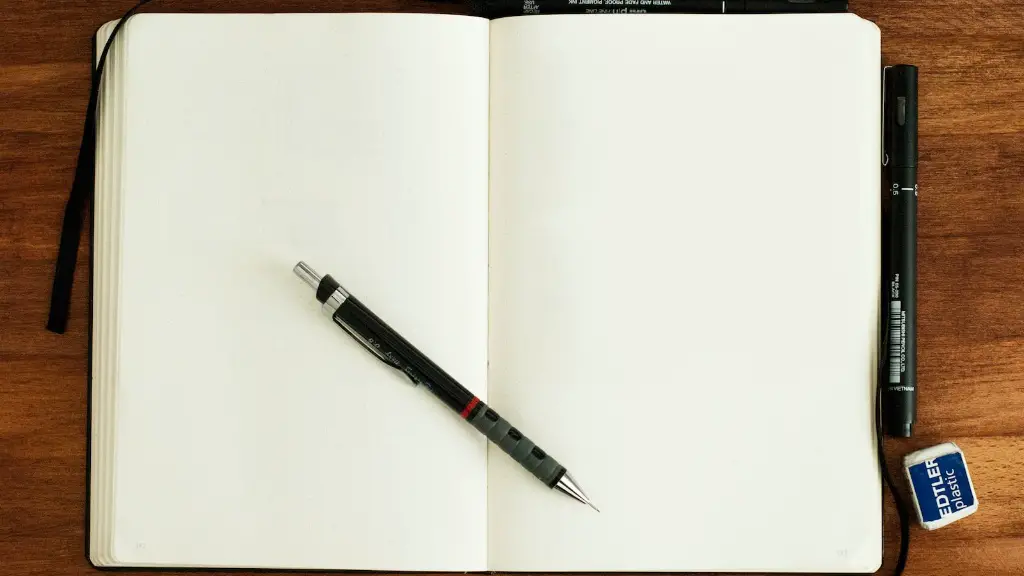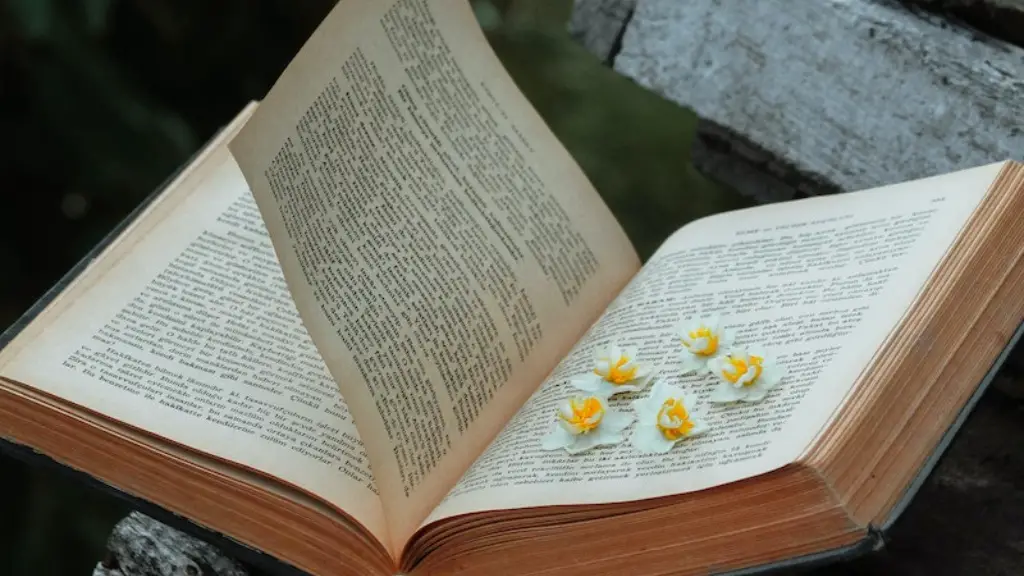Langston Hughes
Langston Hughes was an African-American poet and social activist who lived from 1902 to 1967. His work is seen as influential in both African-American literature and modern literature. He gained much recognition for his stunning poetry that often contained themes of racial oppression and joys of African-American culture.
Style
Hughes wrote with a unique style that incorporated jazz, blues, spirituals and dialects of African-American speech. He wrote in multiple forms, including poems, short stories, plays and novels, among other genres. His use of free verse and uneven syntax blended with a variety of themes that explored racial oppression and the search for identity.
Poetic Voice
Hughes’ poetic voice was defined by his lively and vivid diction. He was unafraid to express his emotions or political beliefs, making him one of the most influential poets of his time. His work inspired countless authors, poets, and artists with its honest, direct style. Hughes allowed readers to experience and empathize with the African-American experience in ways that had never been done before.
Subject Matter
Hughes’ subject matter was both diverse and profound. He wrote about topics ranging from racism and oppression, to love, music and the search for identity. He wrote about his own experiences, both personal and political, which made his work particularly powerful. Hughes’ writings often celebrated African-American culture and critiqued racism in an accessible and poignant way.
Types of Poems
Hughes wrote a wide range of poems, including love poems, protest poems, and poems about African-American life and culture. He wrote several collections of poems, including “The Weary Blues” and “Fine Clothes to the Jew”. Some of his most famous poems include “Let America be America Again”, “Dream Deferred” and “I, Too”, which spoke of patriotism, justice and racism.
Legacy
Hughes’ legacy still lives on today. His works have been put to music and have been made into films. His influence can be seen in current African-American literature and art. Hughes’ vivid voice and powerful words continue to both educate and inspire, decades after his death.
Influence on Different Cultures
The influence of Hughes’ work goes beyond African-American culture. His work has been translated into many languages, allowing readers of different cultures to experience his work. Hughes’ timeless themes continue to speak to readers across the globe, regardless of nationality or race.
Interpretations
Hughes’ work has been interpreted in many ways, as its language and symbolism has proven to be open to various interpretations. His work has been embraced by people of all ages and walks of life, with each reader taking away something new and unique. Hughes’ writings have served to both inspire and educate, giving life to his words and providing hope for those who had none.
Appreciation for Diversity
Hughes was able to transcend racial boundaries with his work, and he was a proponent of cultural diversity. His work celebrated the beauty of different cultures and backgrounds, and it encouraged readers to appreciate diversity in themselves and others. Through his work, Hughes was able to bridge divides and bring people together in a way that had never been done before.
Conclusion
In conclusion, Langston Hughes was an inspiring and influential poet of the 20th century. His works explored issues of racism, identity and the African-American experience. He wrote a wide range of poems, including love poems, protest poems, and poems about African-American life and culture. His work continues to inspire and educate people around the world with its themes of acceptance and appreciation for diversity.


